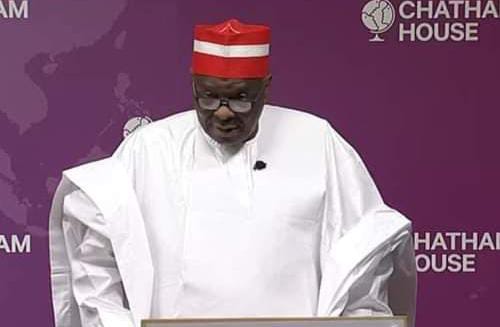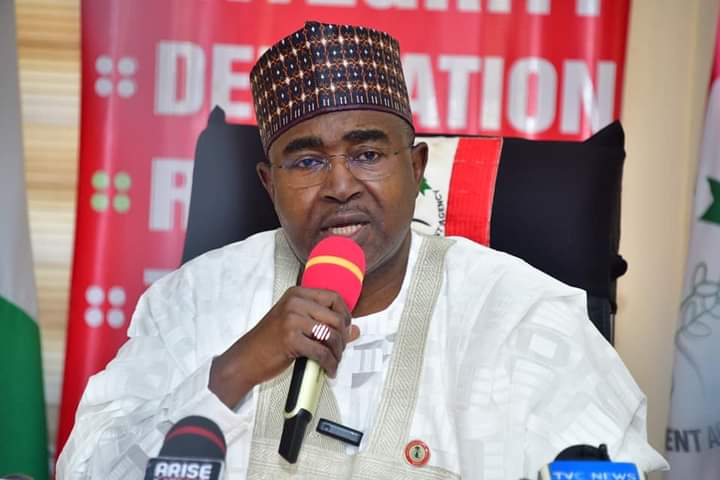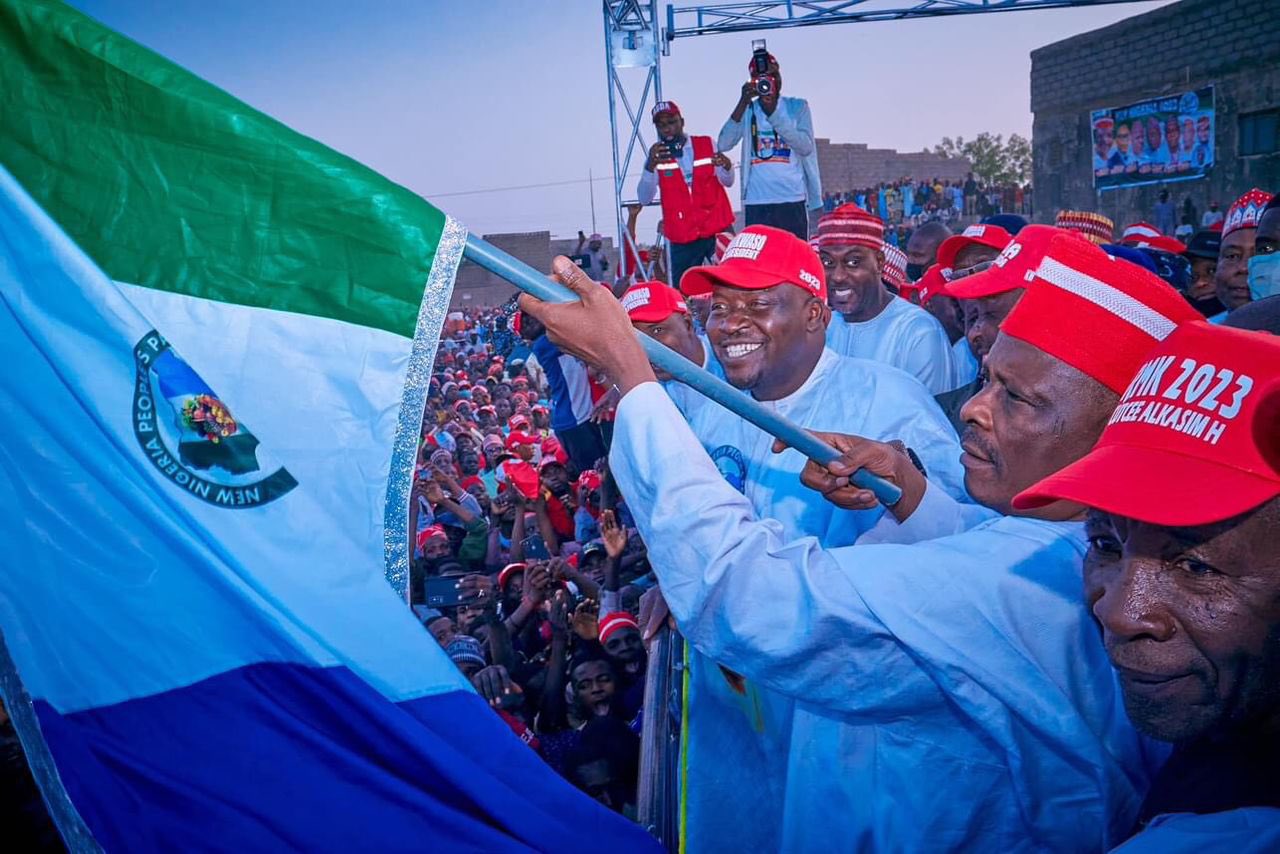The federal government says Nigeria has enough foreign exchange reserves to withstand a global recession this year.
Zainab Ahmed, minister of finance, budget and national planning, disclosed this on Tuesday during an interview with Arise TV on the sidelines of the World Economic Forum (WEF) in Davos.
Citing the projections of multilateral organisations such as the World Bank and the International Monetary Fund, the minister said there was a strong possibility that the world economy is headed for a recession.
“Clearly there is going to be a decline in growth. And why we are having this decline in growth is because of the sustained economic impact of the COVID-19 pandemic,” Ahmed said.
Advertisement
“We’ve seen the resurgence of COVID-19 in some developed economies, especially China, and also the effect of the Russia-Ukraine war that is having a global impact.
“The quantitative easing that is being implemented by central banks across the world also contributes to the high cost of interest, resulting in the high inflation rate, and which means people’s spending power is weakened. So, these are all indications that there will be a global recession.”
Ahmed said in 2008 when there was a global recession, Nigeria’s FX reserves were in excess of $60 billion and the country was able to withstand the impact of that recession.
Advertisement
Asked if the country would be able to withstand another recession this year, she said the country’s FX reserves stood at $34 billion.
According to Ahmed, the $34 billion was enough to sustain imports for six months.
“It is true we had higher reserves during the first global recession. Our reserves are now at $34 billion. So, that is still a healthy level. It means we’re able to meet at least six months of imports and other expenses into the country,” the minister explained.
“It means we can withstand another global shock if we’re able to carry through a coordinated response between the monetary, fiscal as well as trade authorities.
Advertisement
“We have learned a lot from the experience that we went through during the COVID. And it showed that when we plan as one, we can actually withstand the shocks.
“You’ll recall that Nigeria’s economy did go into recession during the COVID but it was a short-lived one because of that coordinated response, which had, not just the government, but also the private sector contributing to the effort.”
“Also, at that time we were able to scale back on some categories of government spending to enable us to invest more in the healthcare sector. So, with the right policies we can weather another global recession.”
Advertisement
Add a comment






